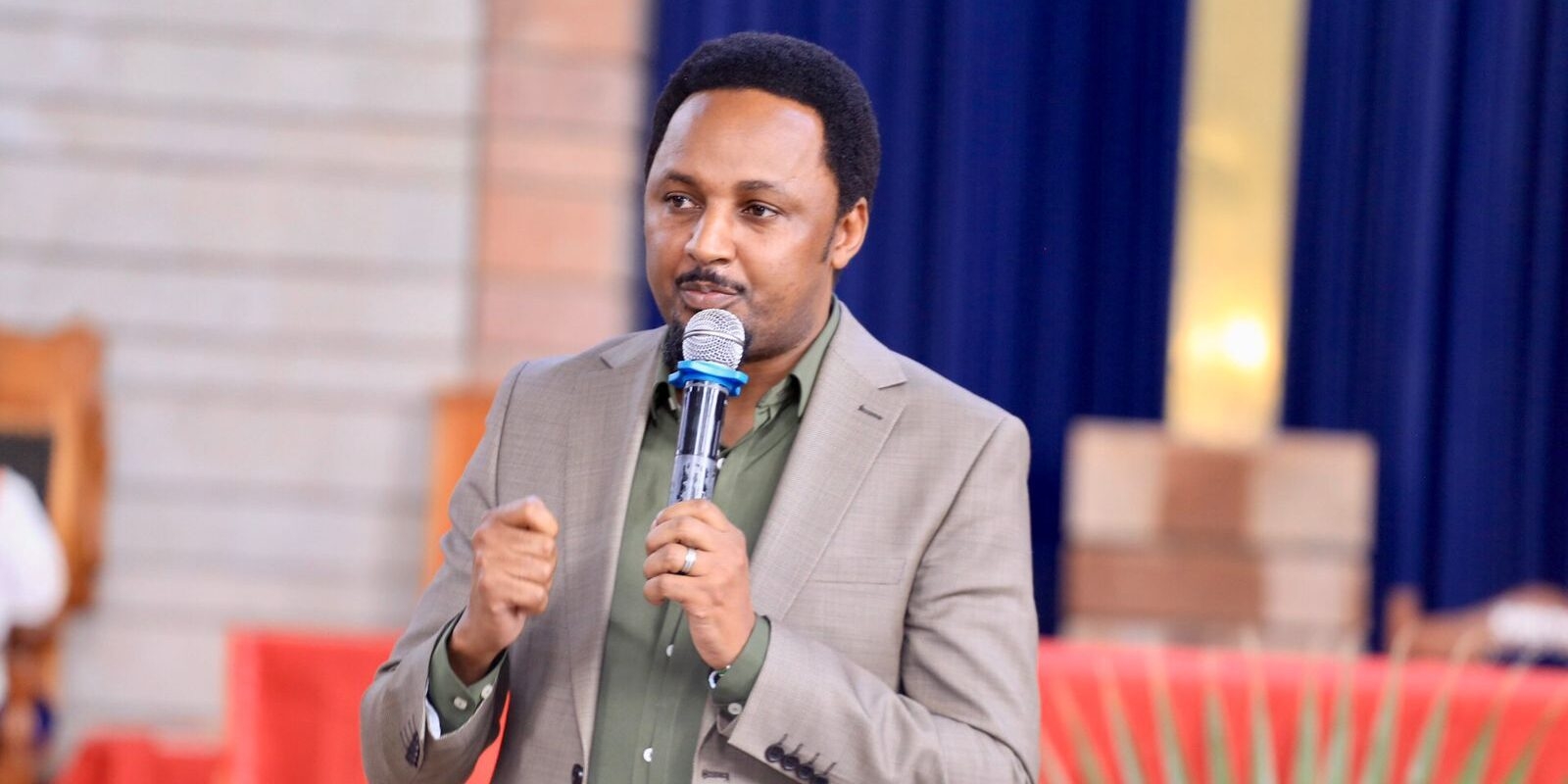According to the National Cancer Institute of Kenya, 33,000 Kenyans succumb to cancer every year, an increase from 28,500 deaths recorded previously. The report reveals that new cases of cancer have increased from 41,000 to at least 47,887 cases annually putting cancer at position three cause of death after infectious diseases and cardiovascular ailments.
By any standard, this is a grim statistic which has got Kenyans talking especially when cancer continues to claim lives of prominent Kenyans who have access to highly specialised and quality healthcare services. In this scheme of things, one question lingers: where does this leave the poor and ordinary Kenyan who may not afford the expensive medical attention often sought in foreign capitals?
Article 43 of the Constitution states that every person has the right to the highest attainable standard of health, which includes the right to healthcare services. The Ministry of Health augments this section with a very promising mission: to build a progressive, responsive and sustainable health care system for accelerated attainment of the highest standard of health to all Kenyans.
In sync with this policy position is the fact that affordable healthcare for all Kenyans is one of the cardinal goals of President Uhuru Kenyatta’s Big Four Agenda. The sum and substance of these provisions is that at face value, the ordinary Kenyan is well covered as far as access to affordable healthcare is concerned.
But there is challenge as far as the face and future of public health discourse in Kenya is concerned. In this modern digital era where the majority of Kenyans have smartphones, there is an urgent need for the voice of medical professionals to be amplified to protect us from the unsolicited ‘medical and lifestyle tips’ we keep receiving in our phones.
I am certain that every Kenyan has received numerous tips from ‘experts’ on what to eat and what not to eat; what to do and what not to do in order to keep cancer at bay. If medical professionals don’t raise their voice to set the record straight through the same platforms, Kenyans cannot stand this public health tempest.
Let us take the example of Kenya Medical Association, a high-profile player and partner in safeguarding professionalism and quality healthcare. Being a national association of doctors and dentists mandated by its members to promote the quality practice of medicine in Kenya, KMA is a trusted brand as far as medical professional ethics is concerned. This body, and other related ones, can fundamentally reconfigure the practice of medicine and the protection of patients in this country by coming out to clarify public health questions so that our people can make the right decisions.
Besides KMA, there are a number of organisations which hold strategic positions in the health sector who should now take their seats at the decision table and champion for dissemination of the right medical information to the Kenyan public space. Some of these institutions include Kenya Medical Women’s Association, Kenya Association of Private Hospitals and Kenya Medical Practitioners and Dentists Council. Others are Kenya Medical Practitioners, Pharmacists and Dentists Union, Kenya Clinical Officers Association, Kenya National Union of Nurses, and many more.
I'm cognisant of the fact that these bodies have different mandates, but quality healthcare is their common denominator. For instance, if these organisations can run a highly publicised SMS service to educate Kenyans on common ailments and where to seek professional help, this will go a long way in saving the lives of our people.
All our medical professionals need to do is to design an effective multi-media communication strategy that targets various audiences with simple and accurate information to cushion Kenyans from the so-called digital medical experts. The strategy should encompass the cellphone which has become one of the most penetrating tools of our time.
With this approach, you can be sure that Kenyans will have a reliable repository of information on cancer or any other ailment as opposed to the dubious sources that dominate our digital arena. With the right information from our own experts, Kenya will be on course to attaining equitable, affordable, accessible and quality healthcare for all.
Works for KPC’s Morendat Institute of Oil and Gas. The views are his own. [email protected]











